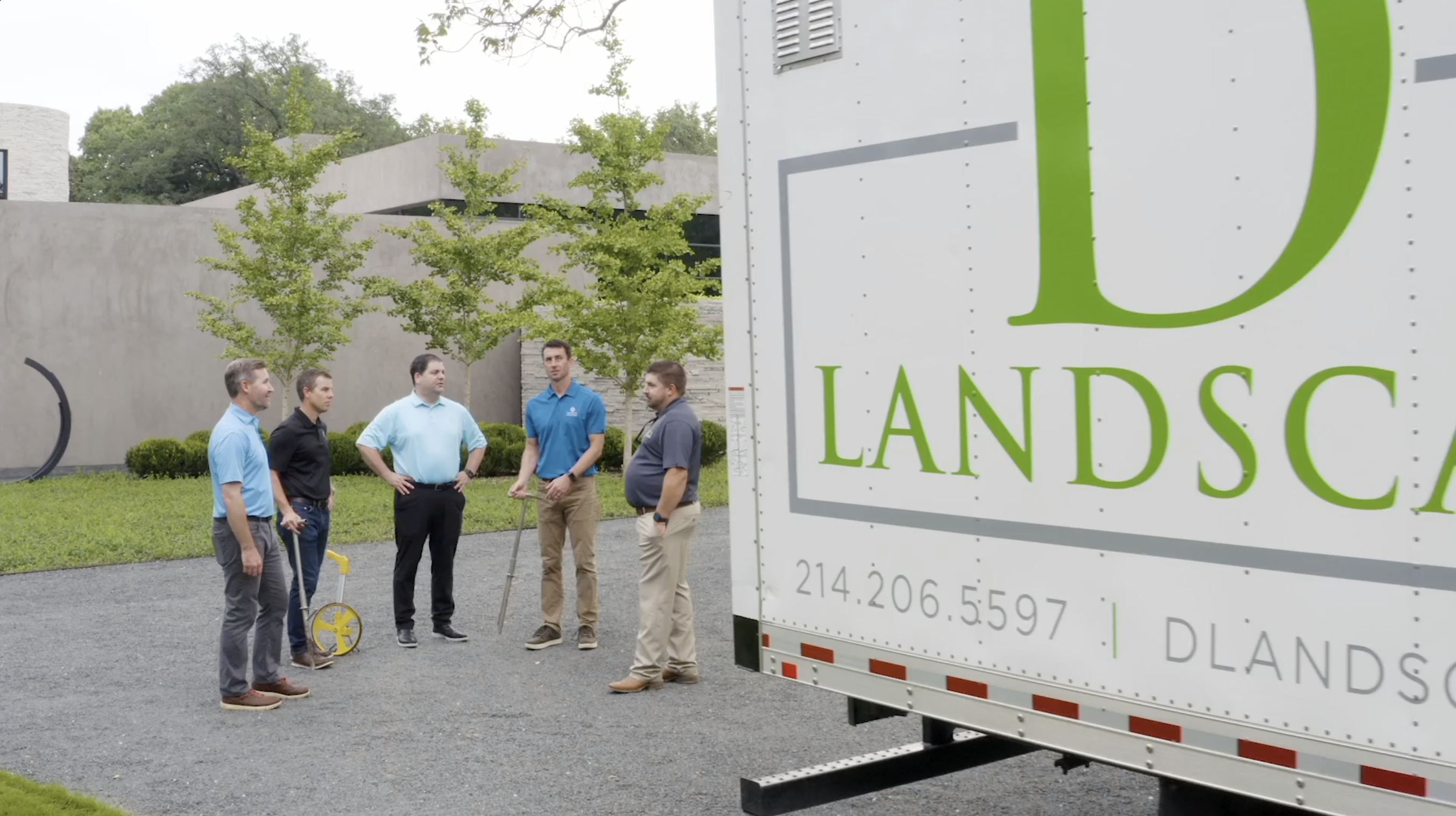
Anyone can learn to become a great salesperson. All it takes is a little training, a desire to serve your customers, and a whole lot of self awareness. The most successful salespeople know who they are, what they’re good at, and play to their strengths. And the most successful sales teams have a mix of sales personalities with different selling styles to best fit different types of clients.
But this doesn’t mean to only play to your strengths. It’s not necessary to turn your weaknesses into your strengths per se, but any weakness that’s affecting your ability to be great at sales needs to be improved.
It’s important to align your team members’ strengths with the best fitting sales role for them. Learning what they’re naturally good at and leveraging those strengths is one of the biggest keys to a successful sales team.
There are two main sales personalities - hunters and zookeepers.
Hunters enjoy the thrill of the chase. They’re salespeople who enjoy getting out into the world and pursuing new leads. They move fast, embrace risk, and make friends easily. Hunters are big picture people who love converting new prospects into clients. While it might seem like a team full of this go-getter personality type would result in all the customers you could possibly need, that isn’t necessarily the case. If those relationships aren’t maintained, those clients will leave you as soon as they can find another landscape company that can do the job for less. That’s where the zookeeper sales personalities come in.
Zookeepers enjoy nurturing existing relationships. They’d much rather clients come to them than to reach out and try to persuade anyone to buy. Zookeepers create customers for life by staying connected, paying attention to details, and looking for new ways to serve existing clients. It’s much more cost effective to retain a customer than to constantly have to be marketing to new ones. So which of these sales personalities is better to sell your landscape services? The answer is both.
The most successful sales teams play to their strengths and work to overcome their weaknesses.
You need both hunters and zookeepers if you want a successful business. The first step is making sure you have a mix of both personality types. The next step is to help the hunters become a little more like the zookeepers, and the zookeepers to become a bit more like the hunters.
This can be tough for people. It’s not easy to do things that don’t come naturally. It’s even harder to show up and try to improve the skills you’re bad at. But the goal isn’t to become great at both hunting and zookeeping. You want to be an A+ student for your strengths and an average student when it comes to your weaknesses. There are several ways you can help your team improve to become more well rounded salespeople.
When you do more, you get more.
Nothing good happens when you have a team full of all hunters or all zookeepers. Challenge your sales team to balance their sales skills by doing the following three things every day.
1- Find new leads.
2- Convert a prospect into a client.
3- Check in with an existing client.
Selling takes practice, and there’s a lot you can do to train your team so they feel confident whether they’re pursuing new leads or connecting with existing clients.
HELP ZOOKEEPERS BECOME A LITTLE MORE LIKE HUNTERS
Practice role playing with your zookeeper personality types to help them feel more comfortable approaching people. They’re the perfect person to ask for referrals, but they’ll most likely need some sample scripts before they feel comfortable doing this. Zookeepers can build relationships with the neighbors on the street where your existing customers live to get new business. Even walking on site to do a property audit is selling. Are there dead shrubs or broken irrigation heads? Have your zookeeper put a proposal together and take it to the customer. This type of selling won’t feel like hunting to them. It’s more like a professional obligation to do a good job.
SHOW HUNTERS HOW TO BECOME A BIT MORE LIKE ZOOKEEPERS
Goals, numbers, and targets come easy to hunters. They’re always ready to explore potential leads but don’t necessarily want to be bogged down by nurturing existing relationships. Show your hunters that they can find new ways to connect with current clients without having to spend hours taking everyone out to lunch. How about they ask people where they went to college and text them when their school’s football team wins? There are always small ways to let customers know you’re thinking about them. Teach your hunters to reach out and ask how they can help or who they can introduce someone to. It’s not so much about knowing what to say, but taking the time to slow down and listen.
Building a successful sales team takes more than a one size fits all formula.
Having a mix of hunters and zookeepers means you’ll have all your bases covered, but managing a team can be stressful and challenging at times. McFarlin Stanford can help to make sure nothing is holding you back from building the successful sales team your landscape company needs. Join us for our next ACE Discovery event to learn about becoming a member of our Peer Groups created exclusively for landscape business owners like you.
